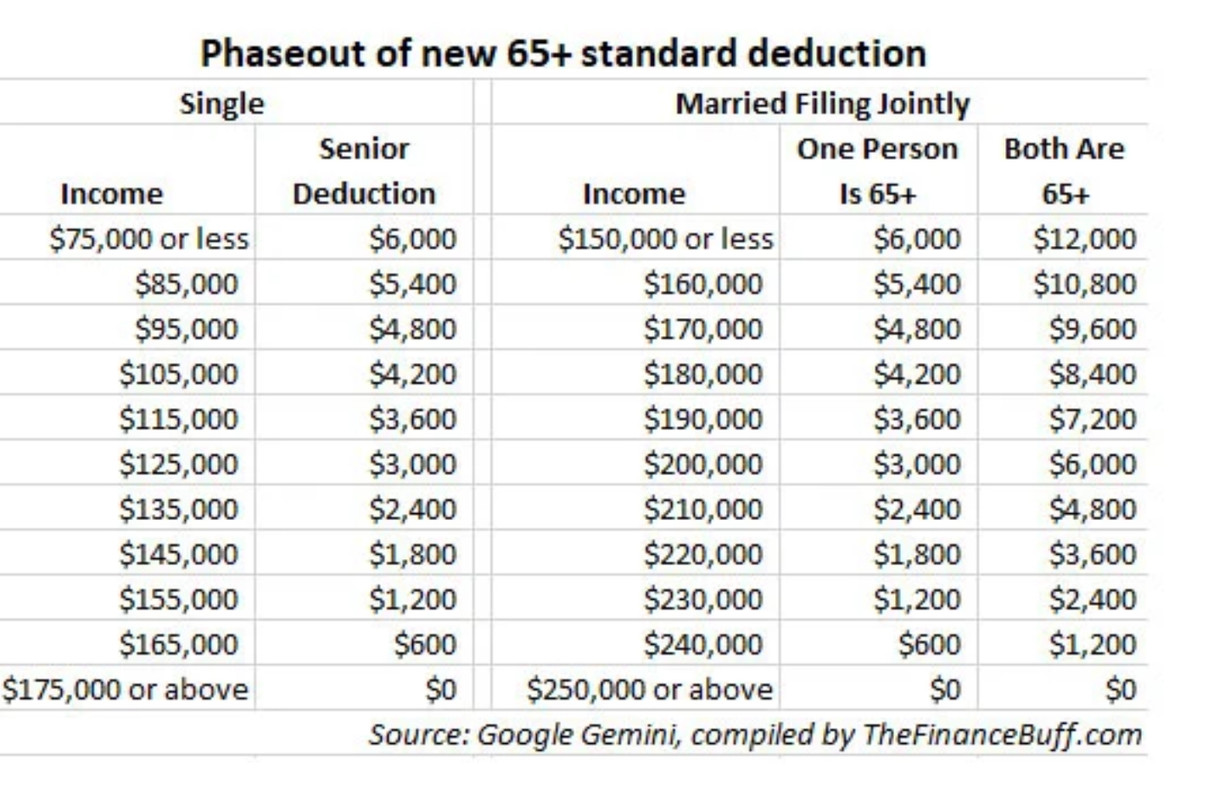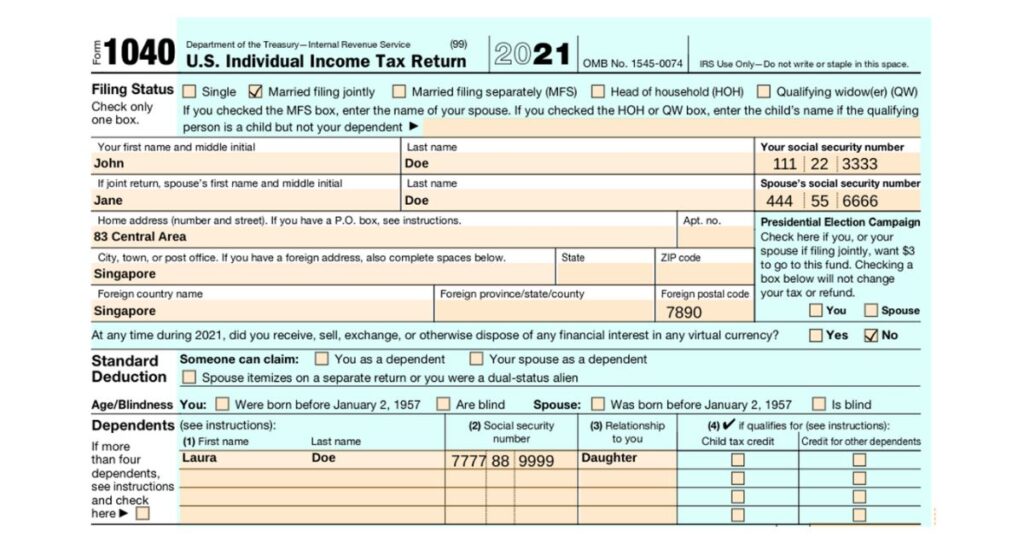All Concerning the Foreign Earned Income Exclusion: Maximizing Your Requirement Reduction Advantages
The Foreign Earned Income Exemption (FEIE) provides a beneficial opportunity for united state people living abroad to reduce their tax obligation responsibilities. Recognizing the eligibility requirements is necessary for those seeking to profit from this exemption. Additionally, asserting the conventional deduction can boost general tax obligation advantages. However, managing this process involves careful focus to information and a recognition of usual mistakes. Exploring these elements can provide quality and take full advantage of prospective tax advantages.
Comprehending the Foreign Earned Revenue Exemption (FEIE)
The International Earned Income Exclusion (FEIE) allows united state people and resident aliens working abroad to omit a section of their foreign revenues from federal income tax obligation. This provision functions as a monetary alleviation system, making it possible for expatriates to preserve a bigger share of their earnings made in foreign countries. By lowering taxable earnings, the FEIE assists ease the worry of dual taxes, as individuals may also go through tax obligations in their host countries. The exclusion uses just to made earnings, which includes wages, incomes, and expert charges, while easy income and financial investment gains do not qualify. To profit from the FEIE, people have to file specific kinds with the IRS, detailing their international profits and residency - FEIE Standard Deduction. Understanding the subtleties of the FEIE can greatly impact monetary preparation for U.S. people living overseas, making it crucial for expatriates to remain educated regarding this beneficial tax obligation provision
Qualification Requirements for the FEIE
To get approved for the Foreign Earned Earnings Exemption (FEIE), individuals have to satisfy particular qualification requirements. This consists of rewarding residency requirements, passing the physical existence test, and establishing a tax obligation home in an international nation. Each of these variables plays a crucial role in establishing whether one can benefit from the exclusion.
Residency Demands
Satisfying the residency needs is necessary for people looking for to qualify for the Foreign Earned Earnings Exclusion (FEIE) To be qualified, taxpayers must establish an authentic house in an international country or nations for a nonstop duration that normally spans an entire tax obligation year. This need highlights the requirement of a much deeper connection to the foreign place, relocating past mere physical existence. People must show their intent to reside in the foreign nation and have actually developed their living circumstance there. Variables such as the size of stay, type of real estate, and neighborhood community involvement are thought about in figuring out residency. Fulfilling these requirements is crucial, as failure to do so may disqualify one from benefiting from the FEIE.
Physical Existence Examination
Developing qualification for the Foreign Earned Income Exclusion (FEIE) can likewise be achieved with the Physical Visibility Examination, which requires people to be literally existing in a foreign nation for at the very least 330 complete days throughout a successive 12-month duration. This test is beneficial for those that might not satisfy the residency requirement however still live abroad. The 330 days must be full days, suggesting that any day invested in the United States does not count towards this overall. It is important for people to keep precise documents of their travel days and places to sustain their insurance claims. Successfully passing this examination can substantially lower gross income and improve financial end results for migrants.
Tax Home Place
Tax home area plays a crucial function in determining qualification for the Foreign Earned Earnings Exclusion (FEIE) To certify, a specific must develop a tax obligation home in an international country, which means their primary workplace is outside the United States. This is distinctive from a mere house; the specific need to conduct their operate in the international country while maintaining a significant connection to it. The IRS calls for that the taxpayer can show the intent to remain in the foreign place for an extensive period. Additionally, preserving a home in the U.S. can complicate eligibility, as it might recommend that the individual's real tax home is still in the USA. Comprehending this criterion is crucial for making best use of FEIE advantages.
Exactly how to Claim the FEIE on Your Tax Obligation Return
Claiming the Foreign Earned Earnings Exclusion (FEIE) on a tax return needs cautious attention to detail and adherence to specific internal revenue service guidelines. Taxpayers have to initially confirm qualification by fulfilling either the bona fide residence test or the physical existence test. When qualification is validated, they have to complete IRS Kind 2555, which details foreign made earnings and pertinent details concerning their tax obligation home.
It is important to report all foreign income precisely and preserve proper documents to sustain claims. Taxpayers ought to also understand the optimal exclusion limitation, which is subject to annual modifications by the IRS. Declaring Kind 2555 along with the yearly tax return allows taxpayers to exclude a part of their foreign earnings from U.S. taxes. It is recommended to seek advice from a tax obligation specialist or Internal revenue service sources for upgraded info and support on the FEIE process, assuring compliance and maximization of potential advantages.

The Standard Deduction: What You Required to Know
How does the typical deduction influence taxpayers' total monetary scenario? The basic reduction acts as a significant tax advantage, from this source minimizing taxed revenue and potentially lowering tax obligations. For the tax obligation year 2023, the typical deduction is established at $13,850 for solitary filers and $27,700 for couples filing jointly. This reduction streamlines the declaring process, as taxpayers can choose it rather of itemizing reductions, which calls for in-depth record-keeping.

Taxpayers gaining international income may still declare the standard deduction, gaining from decreased taxable earnings also while utilizing the Foreign Earned Earnings Exclusion (FEIE) It is crucial to keep in mind that the conventional reduction can not be combined with itemized deductions for the exact same tax obligation year - FEIE Standard Deduction. Consequently, comprehending the basic reduction permits taxpayers to make informed choices concerning their tax obligation approaches, taking full advantage of offered advantages while making certain compliance with internal revenue service laws
Methods for Maximizing Your Reductions
Optimizing deductions under the Foreign Earned Income Exemption calls for a clear understanding of earned earnings limitations and the advantages of declaring real estate exemptions. Additionally, utilizing Type 2555 effectively can improve the possibility for considerable tax obligation cost savings. These approaches can considerably impact the general tax responsibility for migrants.
Understand Earned Revenue Limitations
While numerous expatriates look for to decrease their tax concern, recognizing the gained earnings limits is vital for efficiently leveraging the Foreign Earned Income Exemption. The Internal Earnings Solution (IRS) establishes specific limits that dictate the optimum amount of foreign made earnings eligible for exemption. For the tax year 2023, this limitation is $120,000 per qualified person. Surpassing this limit might cause taxation on the earnings over the limit, lessening the advantages of the exemption. To make best use of reductions, migrants ought to maintain precise documents of their international gained income and analyze their qualification for the exclusion every year. Strategic intending around these restrictions can significantly boost tax obligation cost savings, enabling expatriates to enhance their economic scenario while living abroad.
Asserting Real Estate Exemption Benefits
Many expatriates neglect the possible advantages of asserting the Real estate Exemption, which can significantly minimize their gross income. This exclusion permits people living abroad to subtract specific housing expenditures from their gross earnings, making it easier to satisfy financial commitments without sustaining substantial tax responsibilities. To optimize this benefit, expatriates should confirm they certify based upon their house and work situations. Additionally, recognizing eligible expenses-- such as rental fee, utilities, and maintenance-- can enhance the general deduction. Maintaining thorough documents of these expenses is important for substantiating cases. By tactically maneuvering via the Housing Exclusion, expatriates can especially reduce their tax obligation burden and maintain even more of their profits while living overseas, inevitably enhancing their financial well-being.
Make Use Of Kind 2555 Successfully
Using Kind 2555 efficiently can significantly boost the financial benefits offered to expatriates, especially after making the most of the Real estate Exemption. This form permits people to declare the Foreign Earned Revenue Exemption, which can substantially reduce taxed revenue. To make best use of deductions, expatriates need to validate they meet the qualifications, consisting of the physical presence test or the authentic house examination. It is necessary to properly report all international made income and to keep complete records of eligibility. Additionally, utilizing the Housing Exclusion in tandem with Kind 2555 can even more decrease total tax obligation liability. By recognizing the intricacies this page of these forms, expatriates can maximize their tax circumstance and keep more of their hard-earned earnings while living abroad.
Typical Risks to Stay Clear Of When Declaring Your Tax Obligations Abroad

Regularly Asked Questions
Can I Claim Both FEIE and the Foreign Tax Debt?
Yes, a person can declare both the Foreign Earned Earnings Exclusion (FEIE) and the Foreign Tax Credit Report (FTC) They need to ensure that the exact same income is not used for both advantages to prevent dual benefits.
What Occurs if I Surpass the FEIE Revenue Limitation?
Surpassing the Foreign Earned Earnings Exemption (FEIE) revenue restriction causes the ineligibility for the exemption on the excess amount. This might bring about taxable revenue in the United States, needing suitable tax obligation filings.
Are There Any State Tax Obligation Ramifications for FEIE?
State tax obligation implications for the Foreign Earned Income Exemption (FEIE) differ by state. Some states may strain foreign earnings while others comply with government exemptions, making it necessary for people to seek advice from state-specific tax obligation policies for quality.

How Does FEIE Affect My Social Security Benefits?
The Foreign Earned Income Exemption (FEIE) does not straight influence Social Safety advantages. Revenue left out under FEIE might impact the estimation of average indexed month-to-month earnings, possibly influencing future advantages.
Can I Withdraw My FEIE Political Election After Declaring It?
Yes, an individual can revoke their International Earned Revenue Exemption (FEIE) election after declaring it. This revocation has to be done in writing and submitted to the internal revenue service, adhering to details standards and due dates.
Understanding the Foreign Earned Earnings Exemption (FEIE)
The Foreign Earned Income Exclusion (FEIE) allows U.S. enables and resident aliens working abroad to exclude a leave out of section foreign earnings international revenues income government. Taxpayers earning international income might still declare the standard reduction, profiting from lowered taxed income also while using the Foreign Earned Income Exemption (FEIE) Making the most of deductions under the Foreign their website Earned Revenue Exemption requires a clear understanding of earned revenue restrictions and the benefits of declaring housing exclusions. While several migrants look for to reduce their tax obligation burden, understanding the gained income restrictions is crucial for successfully leveraging the Foreign Earned Income Exclusion. Going Beyond the Foreign Earned Earnings Exemption (FEIE) earnings restriction results in the ineligibility for the exclusion on the excess amount.